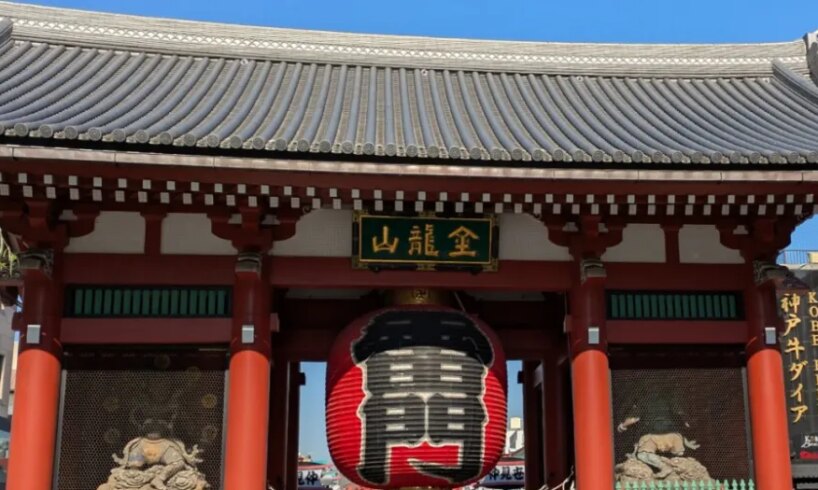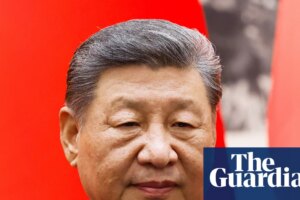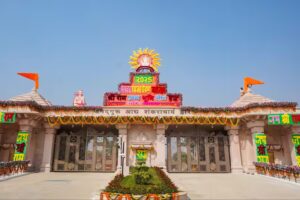
With a diplomatic spat prompting a warning from the Chinese government, we go to see if it’s had any effect on Tokyo’s most popular historical neighborhood.
On November 14, the Chinese government issued a travel advisory calling on its citizens to refrain from traveling to Japan. The condensed version of the spat is that Japanese prime minister Sanae Takaichi insinuated that, were China to attempt to occupy Taiwan through military force, Japan would provide aid to Taiwan in resisting an invasion. Though this isn’t really a divergence from the stance Japan has long had in terms of Taiwan’s autonomy, Chinese politicians bristled at the comments from the new-in-office Takaichi, prompting the travel advisory.
With Chinese travelers ordinarily being one of the largest source of inbound tourism to Japan, hotels and other travel-related businesses have braced for a slowdown, especially in major sightseeing areas. Curious to see how Tokyo’s historical Asakusa neighborhood is doing, our ace reporter Mr. Sato hopped on the train to see if the crowds are looking depleted at its most famous attractions.
His first stop, naturally, was the Kaminarimon, or “Thunder Gate” of Sensoji Temple, Asakusa’s most prominent landmark and a must-selfie spot for travelers. As you can see in the background of the photo Mr. Sato snapped of himself…
…there are still plenty of travelers visiting this part of Asakusa. Bear in mind, too, that this was before noon on a weekday, so the crowds are likely to be even bigger on a weekday afternoon.
The crowds weren’t sparse at all either along Nakamise-dori, the street lined with snack and souvenir shops that leads from Kaminarimon to the temple’s main hall, with vendors doing a bustling business.
The crowd, obviously, wasn’t made up entirely of Chinese tourists, but Mr. Sato could hear snippets of conversations in Chinese several times as he made his way down the street. Arriving at Hozomon, the gate that stands in front of Sensoji’s main plaza, there were enough people that there was just barely enough space to not brush shoulders with other sightseers while passing through
Denboin-dori, a shopping street that runs west from Nakamise-dori, had no shortage of customers either, with a particularly long line of people, including students on field trips, lined up to buy the fabled Asakusa Menchi mincemeat cutlets to munch on.
It wasn’t until Mr. Sato got over towards Hoppy Street that the crowds really began to thin out to a noticeable degree. However, this part of Asakusa, with its collection of old-school pubs, usually doesn’t attract as much tourist attention as the other parts of the neighborhood, and it’s also more of a night spot anyway.
Honestly, even at a week-plus into the Chinese government’s travel advisory, it didn’t feel like Asakusa has become any less crowded. Whether the crowd sizes are going to stay unchanged or not, though, remains to be seen. Independently traveling Chinese tourists who made their own arrangements, and thus were unlikely to be able to get refunds for any pre-payments, would also be unlikely to call off their travel plans on such short notice. If the frosty political situation continues, however, some who were considering trips to Japan over the next few months may rethink things. Likewise, since the advisory was issued, multiple state-controlled travel agencies in China have cancelled bookings for Japan flights and hotel stays that were supposed to take place weeks from now. The combined result of those two aspects could be a delayed reaction where the full effects of the Chinese government’s travel warning won’t manifest until several weeks from now.
That said, this is hardly the first time the Chinese government has bristled at the Japanese government having a different political view than its own, nor is it the first time the Chinese government has responded with a blustery call for its citizens to refrain from traveling to Japan. In the past, those tensions have eventually blown over, leading to Japan becoming a more popular destination than it ever was before, so while there may be a moderate-term dip coming in inbound Chinese tourism to Japan, there’s a good chance the long-term effects won’t be so dramatic.
Photos ©SoraNews24
● Want to hear about SoraNews24’s latest articles as soon as they’re published? Follow us on Facebook and Twitter!
[ Read in Japanese ]
Like this:
Like Loading…





